Embracing the gig economy with HR technology
A substantial trend toward a more flexible and agile workforce has been seen in recent years in the workplace. The gig economy, characterized by short-term contracts and freelance opportunities, has become a prominent force in various industries. To successfully engage, manage, and retain gig employees, Human Resources (HR) departments must modify their strategies as businesses embrace the gig economy to satisfy their project-based objectives. Fortunately, HR technology offers a myriad of solutions that empower businesses to navigate the gig economy successfully. In this article, we explore how HR technology is reshaping HR practices to accommodate the ever-evolving landscape of the gig economy.
Connecting with gig workers
It has never been easier to engage with potential gig employees because of the growth of online talent marketplaces and gig platforms. Companies have easier access to a large pool of independent contractors and freelancers, and they can also quickly advertise project opportunities and find specialized talent suitable for particular tasks by utilizing digital platforms. Additionally, gig workers can present their expertise, portfolios, and experience, fostering a win-win situation where both sides can discover their perfect fit.
Onboarding and training
Ensuring seamless onboarding and prompt integration of gig workers into the organization’s projects is one of the major problems facing the gig economy. By providing digital onboarding materials and virtual training sessions, the onboarding process is made simpler by user-friendly interfaces that allow gig workers to access crucial data, corporate policies, and project specifics from anywhere.
Embracing remote collaboration
Gig workers are often scattered across different locations, making remote collaboration a necessity. In order to provide smooth communication between teams and gig workers, HR technology is essential. Real-time cooperation and team cohesion within virtual teams are made possible by online project management tools, instant messaging services, and video conferencing options.
Performance evaluation and feedback
Due to their transient status, gig workers may find it difficult to evaluate their performance. HR technology provides data-driven solutions to accurately evaluate the performance of gig workers. Using virtual performance reviews and automated feedback systems, which keep track of individual contributions, gig workers are guaranteed to receive helpful criticism on their work. With the use of these insights, HR professionals may identify high-performing people and promote a strong employer-employee connection, which may result in repeat collaboration.
Payroll and payment processing
For gig workers, payroll processes are streamlined by HR technology, ensuring that they are paid accurately and on time for their services. With the use of automated payroll systems, HR can easily handle payments based on hourly rates or project milestones, easing administrative burdens and fostering goodwill with gig workers.
Compliance and legal considerations
As companies engage gig workers, HR must navigate legal considerations, such as worker classification and compliance with labor laws. By keeping track of contract data, employee hours, and legal paperwork, HR technology may help assure compliance and protect gig workers from potential legal issues through transparency and respect for legislation.
Cultivating a gig worker community
Even though gig workers are transient team members, cultivating a sense of community can increase their commitment to the company and engagement. HR technology makes this possible by setting up online communities, social networking sites, or virtual gatherings where gig workers can communicate, exchange stories, and work together on projects.
Flexibility and scalability
The gig economy’s inherent flexibility is supported by HR technology, allowing organizations to scale their workforce according to project demands. HR professionals can quickly adapt to changing workforce needs by leveraging technology for efficient talent acquisition and management. The ability to scale the workforce up or down promptly enables companies to meet dynamic market conditions while remaining agile in their operations.
The gig economy is changing how people will work in the future, and HR departments must adopt cutting-edge strategies to succeed in this changing environment. HR technology provides firms with the tools and capabilities they need to manage remote collaborations, engage with gig workers, maintain compliance, and cultivate long-lasting connections.
¿Would you like to implement ESG criteria within your organization? We can assist you! Click here to request more information.
You can also explore all our Development Programs, focused on enhancing ESG principles and customizing them for each organization, here.
By: Oumaima Essamadi











Leave a Reply
Want to join the discussion?Feel free to contribute!